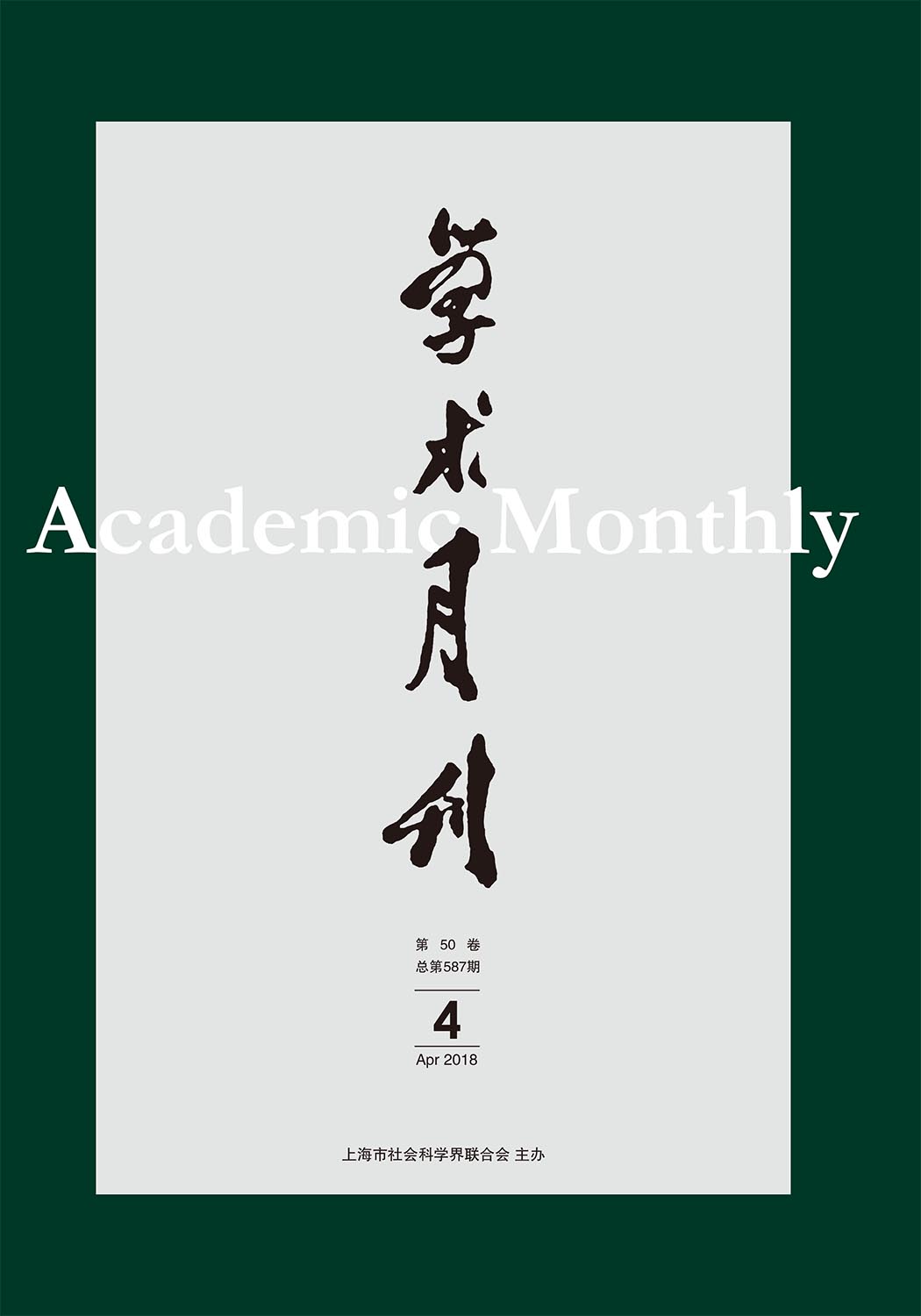“Realizing the Xin” and “Cultivating the Qi”:Mengzi on Self-cultivation as Spiritual and Bodily Exercise
Abstract: Based on previous studies, this article endeavors to make a thorough study of Mengzi’s theory of self-cultivation as spiritual and bodily exercise by taking both Menzi and the Comments on Wuxing as the textual resource of Mengzi. The central ideas to Mengzi’s theory of self-cultivation are xin (“心”,heart-mind) and qi (“气”,vital energy). What distinguishes Mengzi from other thinkers in pre-Qing Chinese intellectual world in terms of self-cultivation lies not only in his understanding of xin and qi as well but also in his elaboration on “realizing the xin” and “cultivating the qi.” For Mengzi, xin is the unity of moral principle, moral feeling, and moral will; qi as the “flood-like qi” is a virtuous vital energy defined by humaneness as its essence and the greatness and strongness as its characteristics. As a spiritual and bodily exercise, either “realizing the xin” or “cultivating the qi” is not to constrain people’s life by rules from without but extend people’s innate xin of goodness and virtuous qi from within to the full life of people and the myriad things in the cosmos as well. As an everlasting process driven by the inner virtues of people, Mengzi’s self-cultivation is not only unique among the pre-Qin Chinese thinkers but also, compared with Greco-roman spiritual exercise represented by the Stoicism, more outside-oriented and active. The idea of “great man” Mengzi particularly advocated is an ideal personality that Mengzi’s self-cultivation aims to achieve. The full accomplishment of this personality is epitomized in the “sagehood” and “spirituality” that Mengzi depicted



 沪公网安备 31010102003103号
沪公网安备 31010102003103号 DownLoad:
DownLoad: